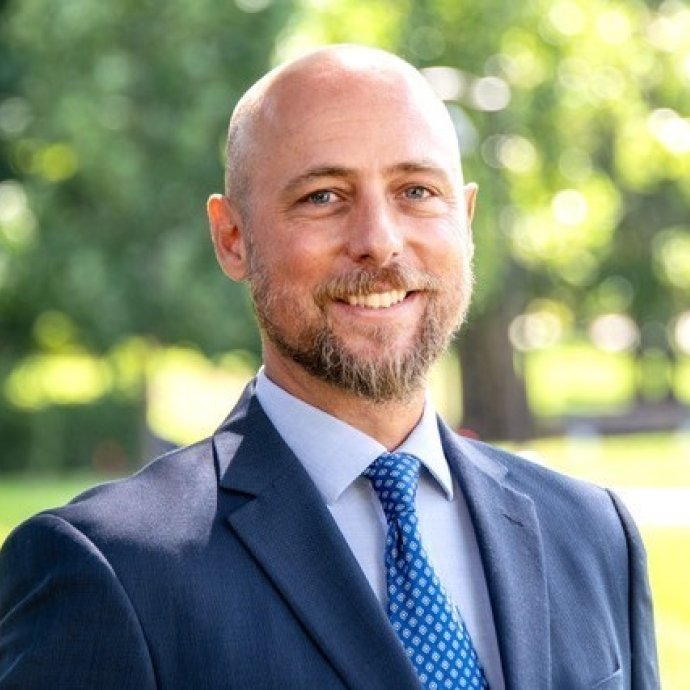Eduardo Zachary Albrecht
Eduardo Zachary Albrecht
About
Focus Areas: Artificial Intelligence, Conflict Resolution, AI Governance, Emerging Technologies, Democracy & Civil Society
Eduardo Albrecht is a political anthropologist with a history of work across government, non-profit, academic, and multilateral organizations. His research focuses on uses of artificial intelligence in state and international organization decision-making processes. His new book, Political Automation, is a comparative introduction to uses of AI in governance around the globe and its impact on citizens.
He has served as a senior fellow at the United Nations University’s Centre for Policy Research, conducting research on uses of AI technologies in the United Nations conflict prevention and response architecture, as well as a visiting fellow at the European Institute for Asian Studies (EIAS) and the International Peace Institute (IPI). He has worked for various national governments (Japan, South Korea, United Kingdom) and the World Bank leading research teams and gaining direct experience designing innovative AI-based governance tools.
His research has been presented at venues including the Organization for Economic Cooperation and Development (OECD), the United Nations Development Programme (UNDP), the United States Holocaust Memorial Museum (USHMM), the US Defense Advanced Research Projects Agency (DARPA) and numerous other organizations as well as dozens of academic conferences organized by leading political and social science associations.
Since receiving his PhD from the School of Oriental and African Studies of the University of London in 2010 he has published a wide variety of academic papers, policy publications, and full-length monographs. His most recent publications with United Nations University's Centre for Policy Research (UNU-CPR) look at how multilateral organizations may seek to strengthen their predictive capacity in ethical and inclusive ways, as well as the impact of AI-fueled disinformation on conflict-affected and high-risk areas.
In the past he has researched political protest patterns in Southern Europe, conducted fieldwork among North Korean defectors in East Asia, and studied connections between online behavior and social unrest in the Middle East and in Sub-Saharan Africa. His research is situated at the crossroads of political anthropology, digital humanities, and international studies.
Dr Albrecht is involved in applied ethnographic work that uses AI software specifically designed to predict future instances of political unrest. This mixed methodology uses natural language processing and machine learning to collect large quantities of online language data, which is then modeled alongside other types of data, including satellite imagery and econometric indicators, to predict future instances of such phenomena as electoral violence, labor action, ethnic clashes, and violent extremism. Simultaneously, ethnographic fieldwork is conducted with the social groups involved to constantly revise the models and better understand events. The main argument is that by co-calibrating algorithmic analyses with ethnographic experience it is possible to considerably expand the field through what he has termed “prosthetic ethnography” and to achieve statistically relevant predictive and explanatory capacity.

